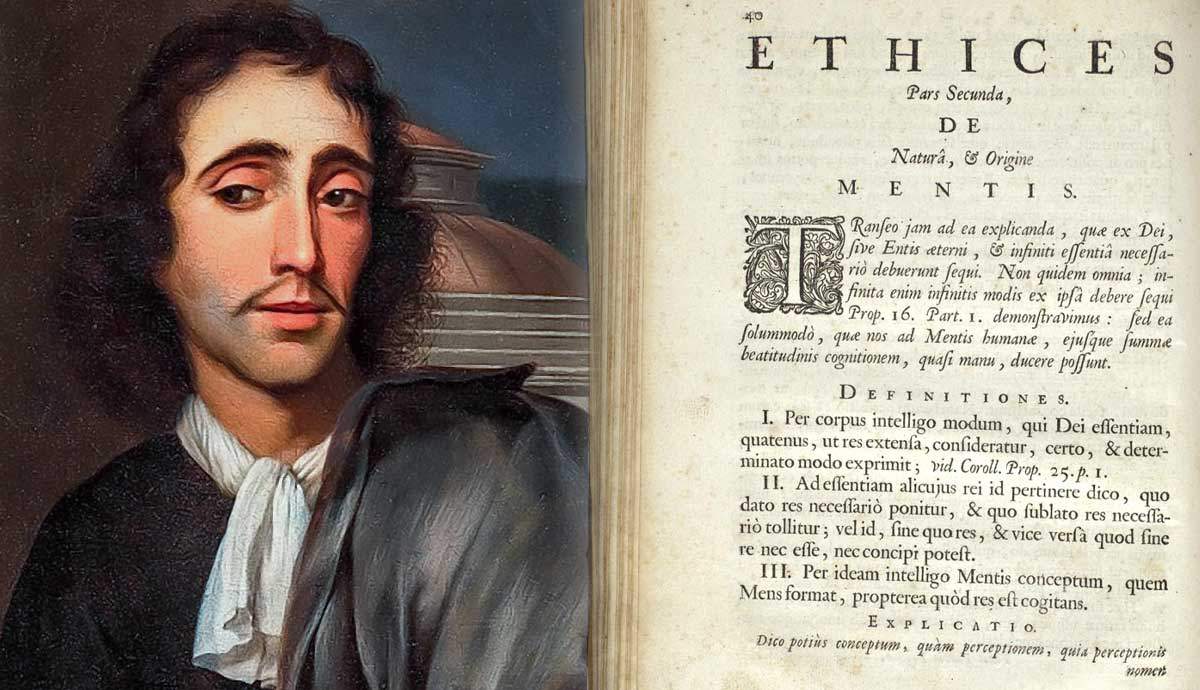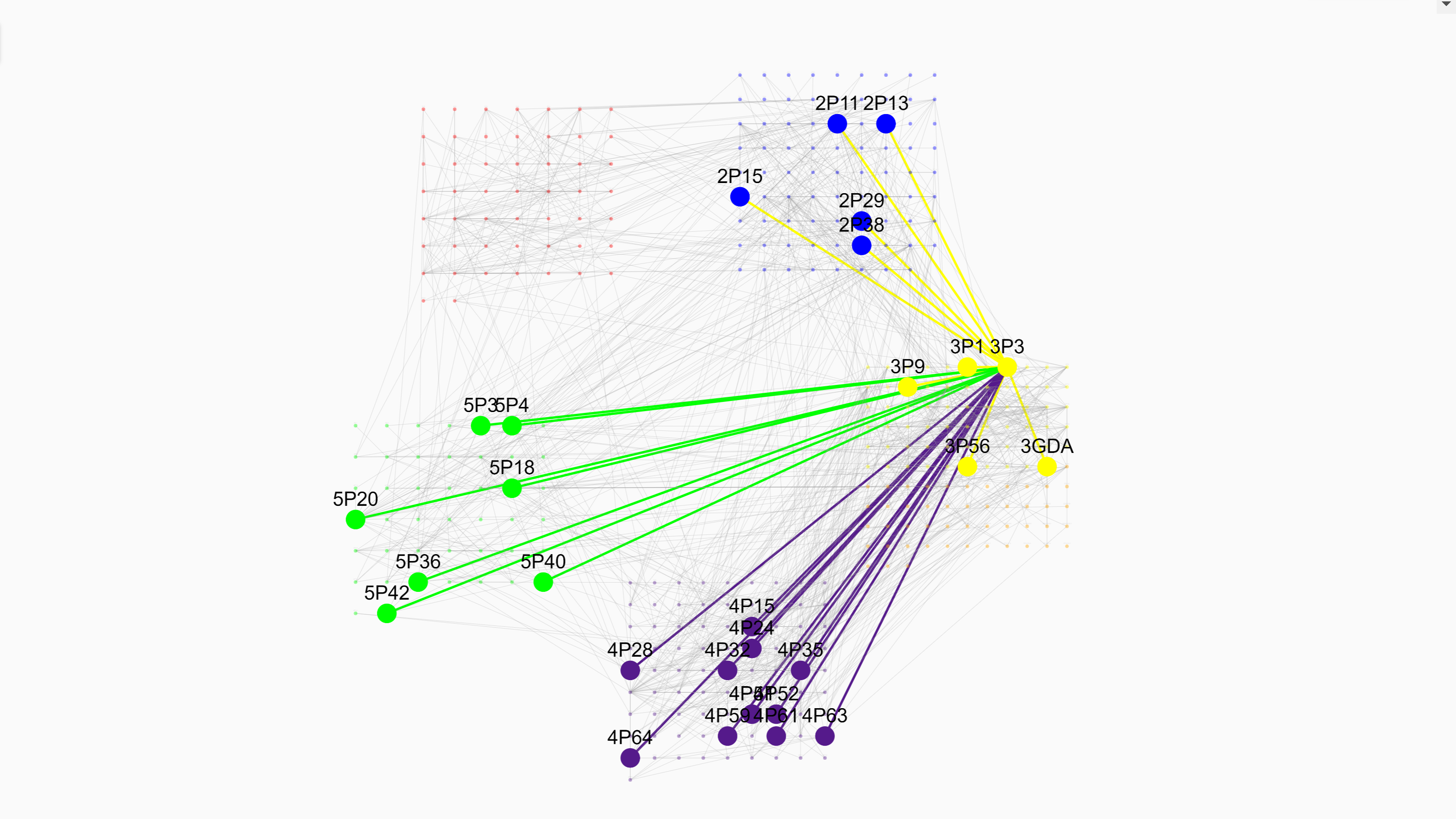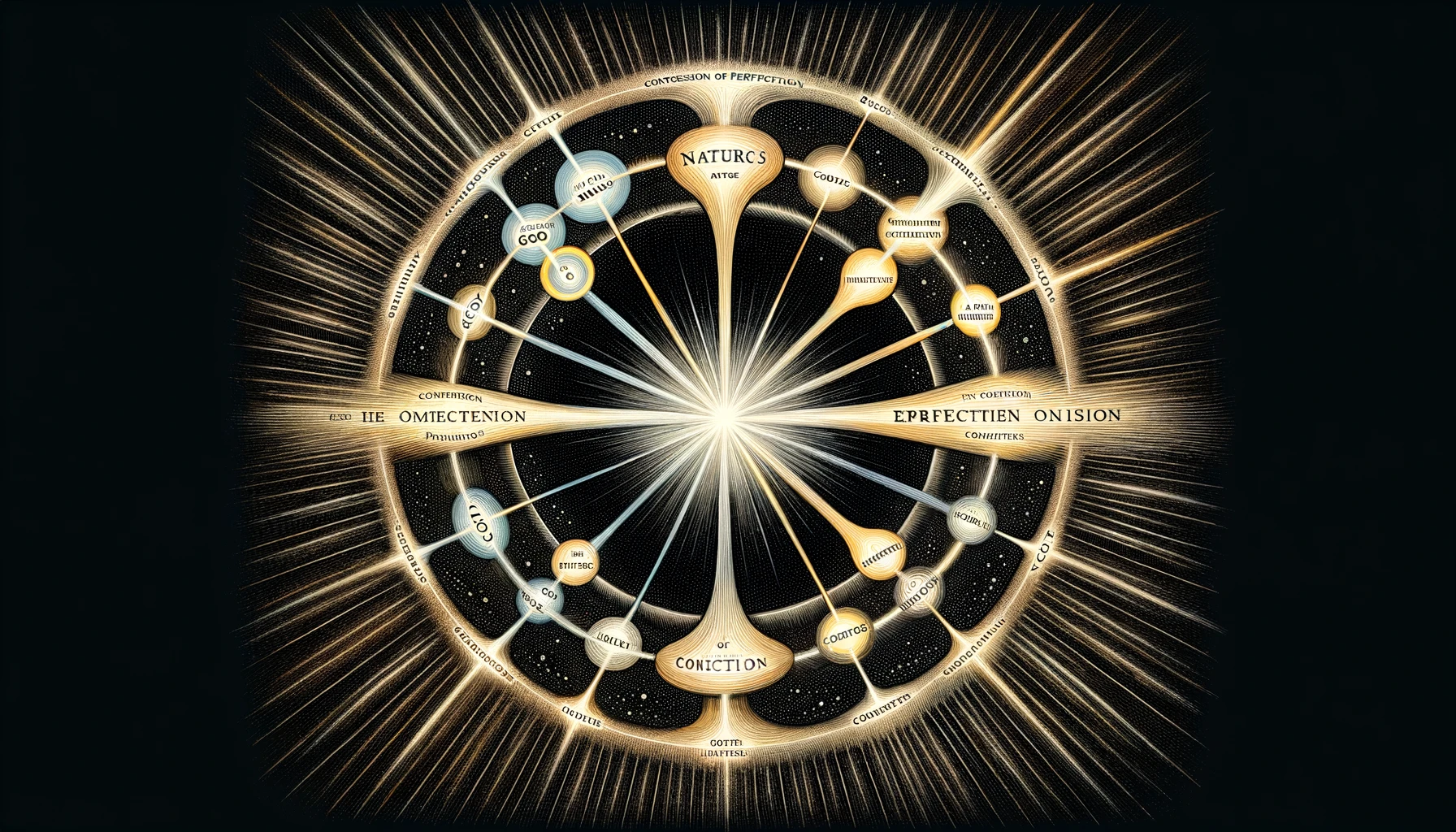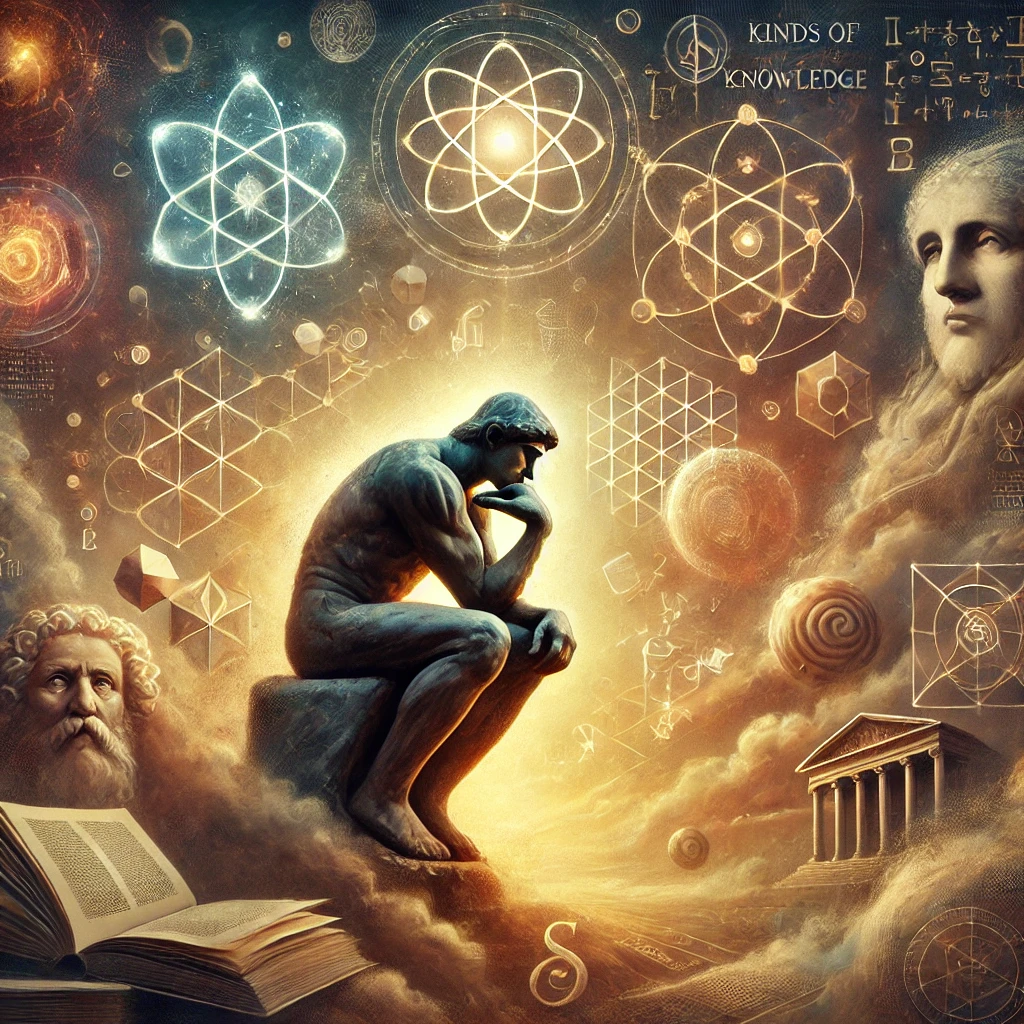M
May 15 2024
Spinoza and Ethics
#Spinoza
#Ethics
#Deductive reasoning
#Propositions
#Logic

Spinoza and Ethics - The ground proof framework
A quick recap on who he was, what he did, and what happened to him
Who was Spinoza?
Baruch Spinoza was a Dutch philosopher living around 1632 till 1677. He was a rationalist philosopher who laid the groundwork for the 18th-century Enlightenment and modern biblical criticism. He was considered one of the great rationalists of 17th-century philosophy. He was also a scientist, mathematician, and a lens grinder by profession! This person was something that I call different! He was understanding the world differently. He grow up with Jewish family, so he was studying religion since childhood, but he was always making lots of questions about Bible and it's conflicts with the world and how much it doesn't make sense to him. Also, as it seems in his works, he had a keen observation of the world around him, including human behavior, nature, emotions and the thinking system of our minds.
What did he do?
He developed a system of ethics based on the idea that the universe is governed by a rational order. He proposed that everything in nature, including human behavior, could be understood through logical analysis. His work challenged traditional religious and philosophical beliefs, promoting a view of the universe as a unified, deterministic system and a complete system of how world works.
What happened to him?
He was excommunicated from the Jewish community in Amsterdam at the age of 23, and his books were later put on the Catholic Church's Index of Forbidden Books in 1677. He was also accused of atheism, which was a serious crime at the time. He was a hated person in his time, but he was a great thinker and philosopher who managed to answer this question by good extent. And the Ethics was his last work before he died.
He died at the age of 44.
What is Ethics?
Ethics is the book that he tried to explain how world works. Ethics has 5 parts, it's composed of not easy understanding stories and examples, but it's been written in definitions, axioms and hundreds of propositions and corollaries. He was trying to prove his ideas in a deduced way of Euclid.
Just so you get how it looks like:
Don't panic!
This is the map of how his book is structured, it's based on deductive reasoning, which is a method of reasoning from the general to the specific based on logic. That's exactly what defining things and proving them in a logical way. The way it works is to set some definitions and axioms, and start concluding propositions and corollaries from them.
Example of deductive reasoning
- Definition: A round object has a circular shape that allows it to roll.
- Axiom 1: An object on a slope will move due to gravity.
- Axiom 2: Round objects have a shape that facilitates rolling.
- Axiom 3: Friction can resist the movement of objects.
- Proposition 1: If an object is round, it has the ability to roll.
- Proposition 2: If a round object is placed on a sloped surface, it will move due to gravity unless friction is sufficient to stop it.
- Proposition 3: Friction affects the rolling of objects by resisting motion.
- Corollary: Therefore, if you place a round object on a hill, it will roll unless the friction is too high.
This deductive reasoning proves that a round object will roll down a hill due to gravity. Continuing our example, will lead to more propositions that has chained logic to prove the idea and make a conclusion. As you can see we set up some definitions and axioms, and then we can conclude some propositions and corollaries from them.
Now these are some statistics of his book:
- Part I: 8 Definitions, 7 Axioms, 36 Propositions
- Part II: 8 Definitions, 7 Axioms, 49 Propositions
- Part III: 11 Definitions, 7 Axioms, 59 Propositions
- Part IV: 8 Definitions, 1 Axiom, 73 Propositions
- Part V: 20 Definitions, 7 Axioms, 42 Propositions
It's mad! specially when propositions are chained together across the parts!
Key take away
It's like a mathematical proof, you set up some definitions and axioms, and then you can conclude some propositions and corollaries from them. It's a way of proving things in a logical way.
How can I invalidate a proposition?
Counterexample: A counterexample is an example that disproves a proposition.
What you need to do is to make an example of a situation that the proposition does not hold, and then you can say that the proposition is not valid.
For example the proposition:
Proposition: All humans are immortal.
- Counterexample: John is a human and he died, therefore the proposition is not valid.
Proposition: All swans are white.
- Counterexample: A black swan, therefore the proposition is not valid.
Even finding one counterexample is enough to disprove a proposition. Good luck finding one in Spinoza's book! I think what is visible in Ethics is that he keeps everything within the context of reality and reason. He doesn't make any proposition that is not valid in the context of the world he fundamentally defined, and he ties it up with reality.
What does he say in his book?
In the book he fundamentally abstracts the world by most general properties and then he starts to make propositions and logical proves of how things work in the world by specific. The Spinoza's world is working by a rational order of causality, where everything is related to each other and everything is a unified field of nature. He also defines the nature of human behavior, emotions, thoughts, intuition, instinct and basically everything that fits into the life, the universe and everything.
His book is a logical combination of:
- Reality philosophy - The study of reality
- Mind philosophy
- Epistemology - The study of knowledge
- Moral philosophy
- Metaphysics - The study of reality
I'll try to summarize his book in the restructure of life and universe in the next posts.
This is not necessarily a religion
I have seen people call it Spinoza religion(and there is a book for it), but from what I can say of book, it's not a religion, he was not trying to make a religion, he was trying to make a logical proof of how reality works.
Some properties of a religion:
- It's based on faith
- Spinoza's book is based on logic
- It's based on a deity
- Spinoza's book is based on nature
- It's based on a holy book
- Spinoza was a man, just like you and me
- It brings people together
- He doesn't care about people, he cares about reality
- It has practices
- He doesn't have any practices except thinking and understanding
- It has heaven and hell
- He doesn't have any heaven or hell, he talks about reality
But if you define religion as a way of living and set of rules to follow, then yes, it's a religion, and the rules are the rules of nature and reality.



